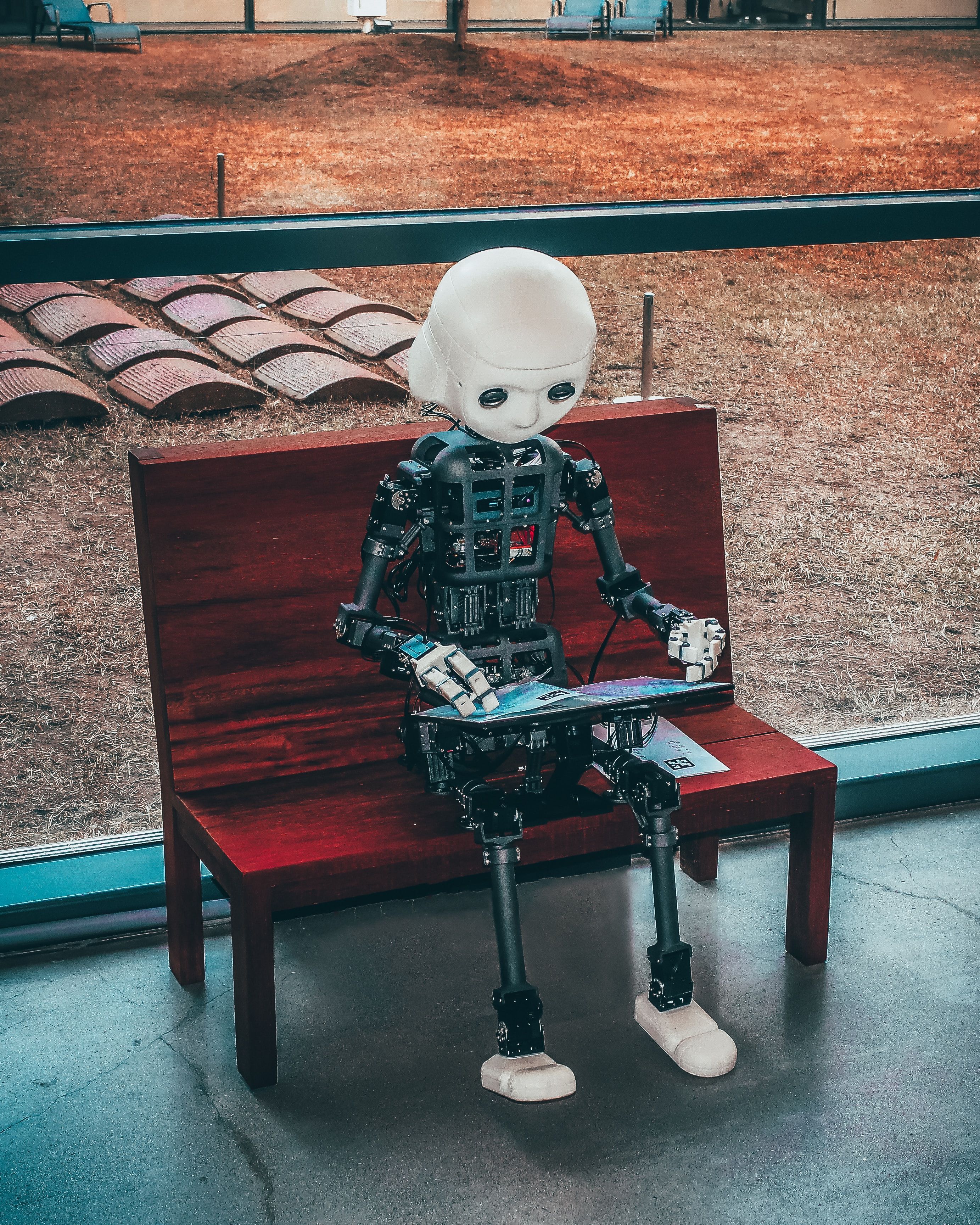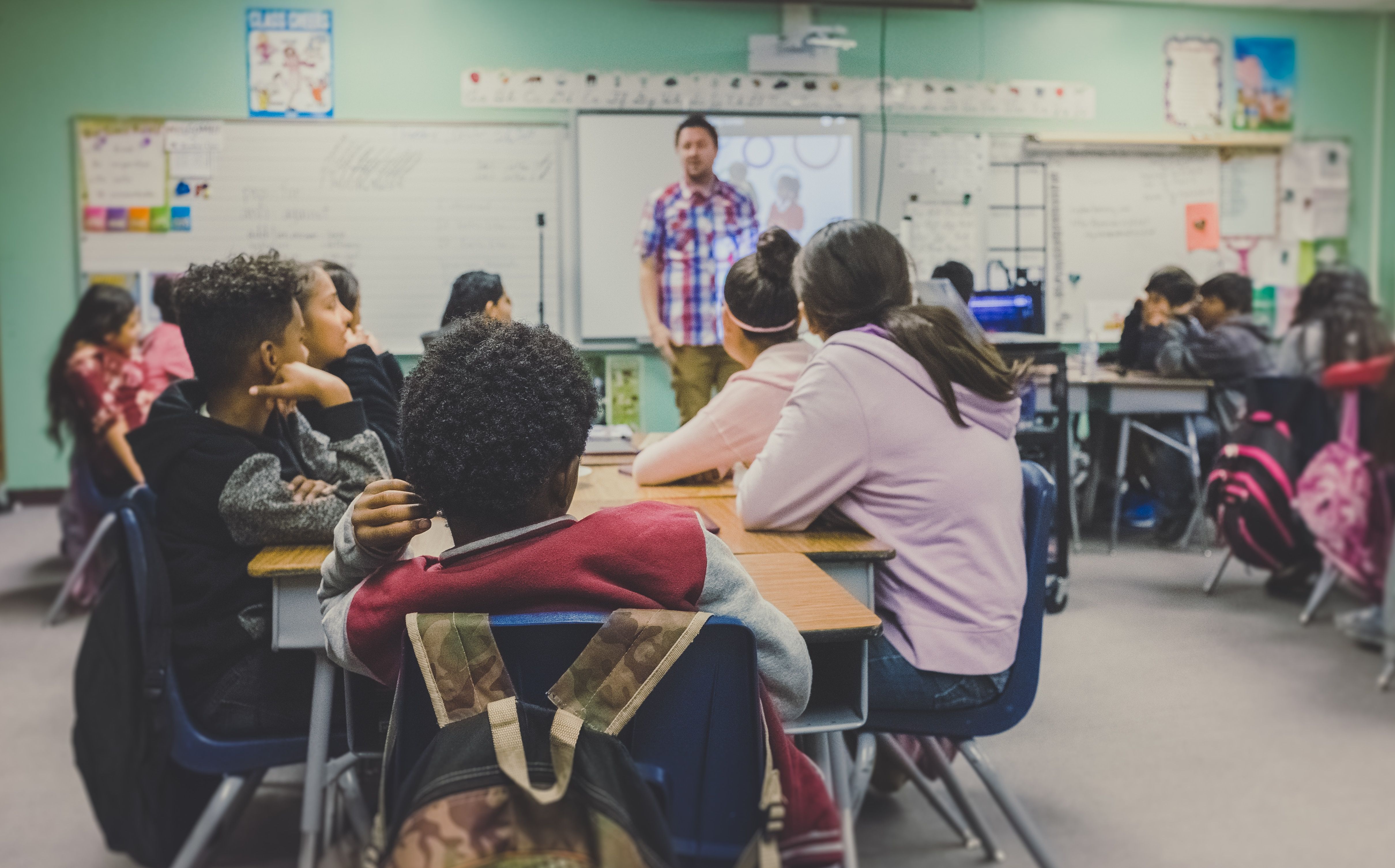Harnessing AI for Personalized Student Learning
by Umar Farman Samdani on Aug 7th, 2023

Transforming STEM Education: Harnessing AI for Personalized Student Learning
With the rapid advancements in Artificial Intelligence (AI), teachers have the opportunity to revolutionize the way they deliver personalized education to students. AI-driven tools and techniques can empower STEM teachers to cater to the individual needs of their students, making learning more engaging, effective, and inclusive. In this article, we explore some concrete examples of how STEM teachers can leverage AI to create personalized learning experiences for their students.

AI-driven adaptive learning platforms are designed to adjust the learning experience according to each student's unique strengths, weaknesses, and learning pace. These platforms use machine learning algorithms to analyze students' performance and behavior patterns to identify areas that need improvement and recommend personalized learning pathways.
For instance, in a mathematics class, an AI-powered adaptive learning system can track a student's progress and recognize when they struggle with specific concepts, such as algebraic equations or geometry. Based on this data, the platform can generate customized exercises and resources to reinforce weak areas, thus fostering a deeper understanding of the subject matter.
AI-powered virtual tutors and chatbots can provide students with immediate and personalized assistance. These intelligent systems can answer questions, clarify doubts, and even engage in interactive conversations to enhance learning experiences.
Imagine a scenario where a student is trying to grasp a complex scientific concept but feels hesitant to ask the teacher for help. An AI-powered virtual tutor can step in and provide real-time explanations, ensuring that the student receives personalized support without any fear of judgment. This prompt helps demonstrate how AI can help students with difficult concepts.
AI can also assist STEM teachers in curating customized content tailored to the individual needs and interests of each student. By analyzing students' preferences, learning styles, and performance data, AI algorithms can recommend relevant educational resources such as articles, videos, simulations, and interactive activities.
For example, a biology teacher can use an AI-driven content curation tool to suggest supplementary materials on specific topics like genetics for a student who has shown a keen interest in the subject. This not only deepens the student's understanding but also instills a passion for learning.

Traditional assessments often fail to capture the full extent of a student's knowledge and skills. AI-powered assessment tools can provide a more holistic and accurate evaluation of a student's performance.
For instance, in a physics class, an AI-powered assessment system can analyze students' responses to open-ended questions and provide insightful feedback on their problem-solving approaches. It can identify patterns of errors, misconceptions, and gaps in understanding, enabling the teacher to offer targeted interventions.
AI can facilitate real-time feedback loops, empowering students to monitor their progress and make improvements effectively. AI-driven feedback mechanisms can highlight areas of improvement, identify misconceptions, and offer personalized suggestions for growth.
In computer programming courses, an AI-based feedback system can evaluate students' code and pinpoint errors or suboptimal solutions. By providing immediate feedback, students can iterate and refine their coding skills faster, leading to enhanced learning outcomes.
Predictive analytics powered by AI can help identify students who may be at risk of falling behind in their STEM subjects. By analyzing a wide range of data, such as academic performance, attendance records, and engagement levels, AI algorithms can alert teachers to potential challenges early on.
For instance, a predictive analytics tool may flag a student who excels in mathematics but demonstrates declining performance in chemistry. The teacher can then intervene proactively, offering personalized support and resources to help the student regain their focus in chemistry and maintain overall academic success.
The integration of AI in STEM education has the potential to revolutionize the traditional classroom and create personalized learning experiences for each student. From adaptive learning platforms and virtual tutors to personalized content curation and intelligent feedback mechanisms, AI offers a plethora of tools for STEM teachers to meet the diverse needs of their students.
By harnessing the power of AI, teachers can focus more on cultivating critical thinking, creativity, and problem-solving skills, rather than being burdened by administrative tasks. However, it's important to recognize that AI should never replace human instructors but rather complement their efforts, fostering a more inclusive, engaging, and effective learning environment for all students. The future of STEM education lies in the harmonious amalgamation of AI-driven technology and the passion and dedication of skilled educators.